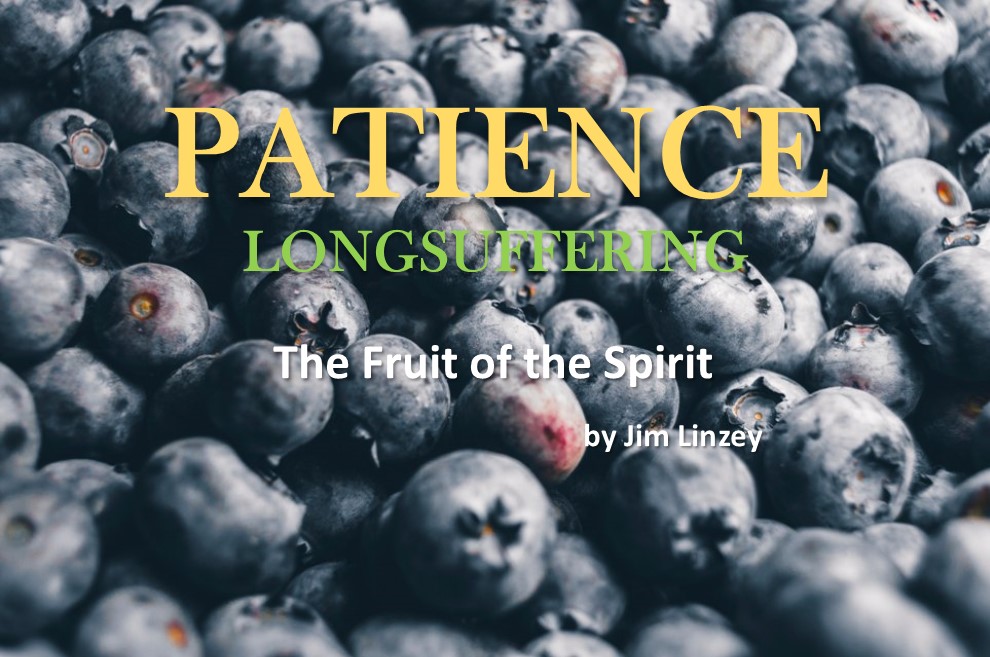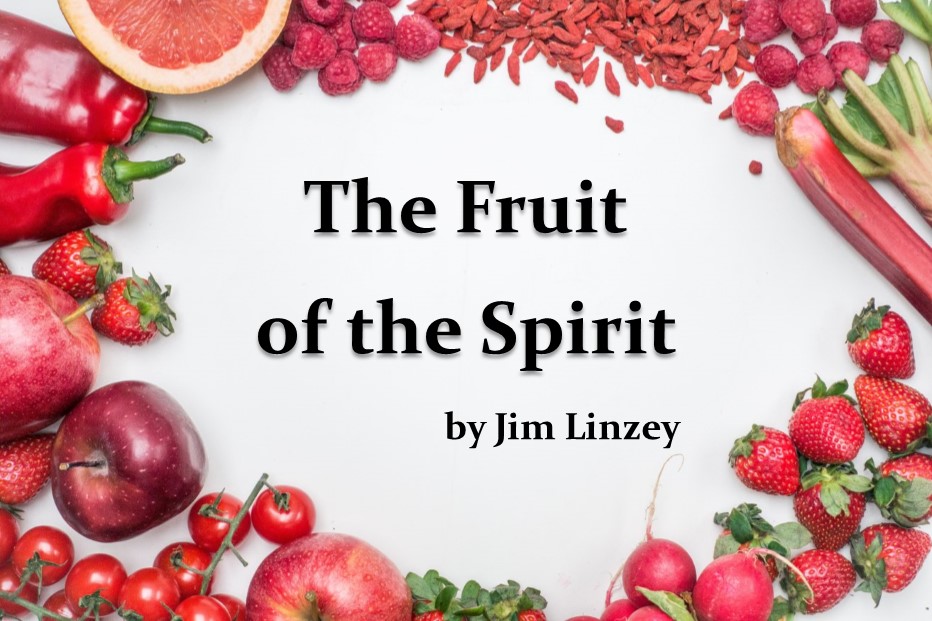The Fruit of the Spirit: Patience

“Keep in mind that the patience of our Lord means salvation” (2 Peter 3:15, MEV).

Part of the Fruit of the Spirit series by Jim Linzey
The word patience, as it is used in the New Testament, really has no equivalent in the English language. Patience is the powerful capacity of selfless love to suffer long under adversity. It is the ability to bear with difficult people or adverse circumstances without breaking down. It allows people to remain steadfast under strain, not just standing still, but pressing on. Christ is our picture of patience as He endured adversity and the abuse of evil men for our salvation.
Patience or long-suffering is a characteristic of God, both in the New Testament and in the Old Testament. The purpose of divine long-suffering is our salvation: “Keep in mind that the patience of our Lord means salvation” (2 Peter 3:15, MEV). The most common Greek word used for patience is ‘hypomone,’ pointing to bearing up under suffering or despair. The second word used frequently, ‘makrothymia,’ suggests self-restraint in the face of unsatisfied desire. Since the two words are synonyms, they function much as synonyms function in English—when both words are used in the same passage, the idea is being emphasized.
One of the most difficult lessons for the maturing Christian is how to react to unjust treatment. Misunderstanding and mistreatment will follow the believer just as they followed Jesus on earth. So because we can count on not being treated rightly, the issue is how we will react when we are treated wrongly. God has promised to be the protector of individual Christians: “‘Vengeance is Mine. I will repay,’ says the Lord” (Rom. 12:19, MEV).
Misunderstanding and mistreatment will follow the believer just as they followed Jesus on earth. So because we can count on not being treated rightly, the issue is how we will react when we are treated wrongly.
Not all suffering is the kind of suffering to develop patience however. If the suffering comes as a result of our mistakes and faults, there is no fruit of the Spirit in it—it is simply the just consequences of our actions and choices. But if we do well and still suffer, then we can develop patience, the fruit of the Spirit: “But if when doing good and suffering for it, you patiently endure, this is favorable before God” (I Pet. 2: 20, MEV).
Category: Spirit, Winter 2018


